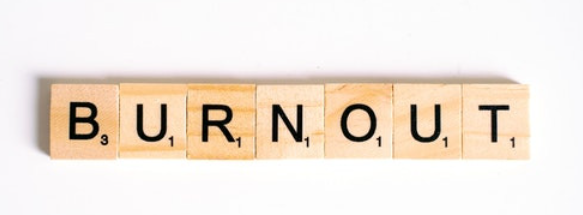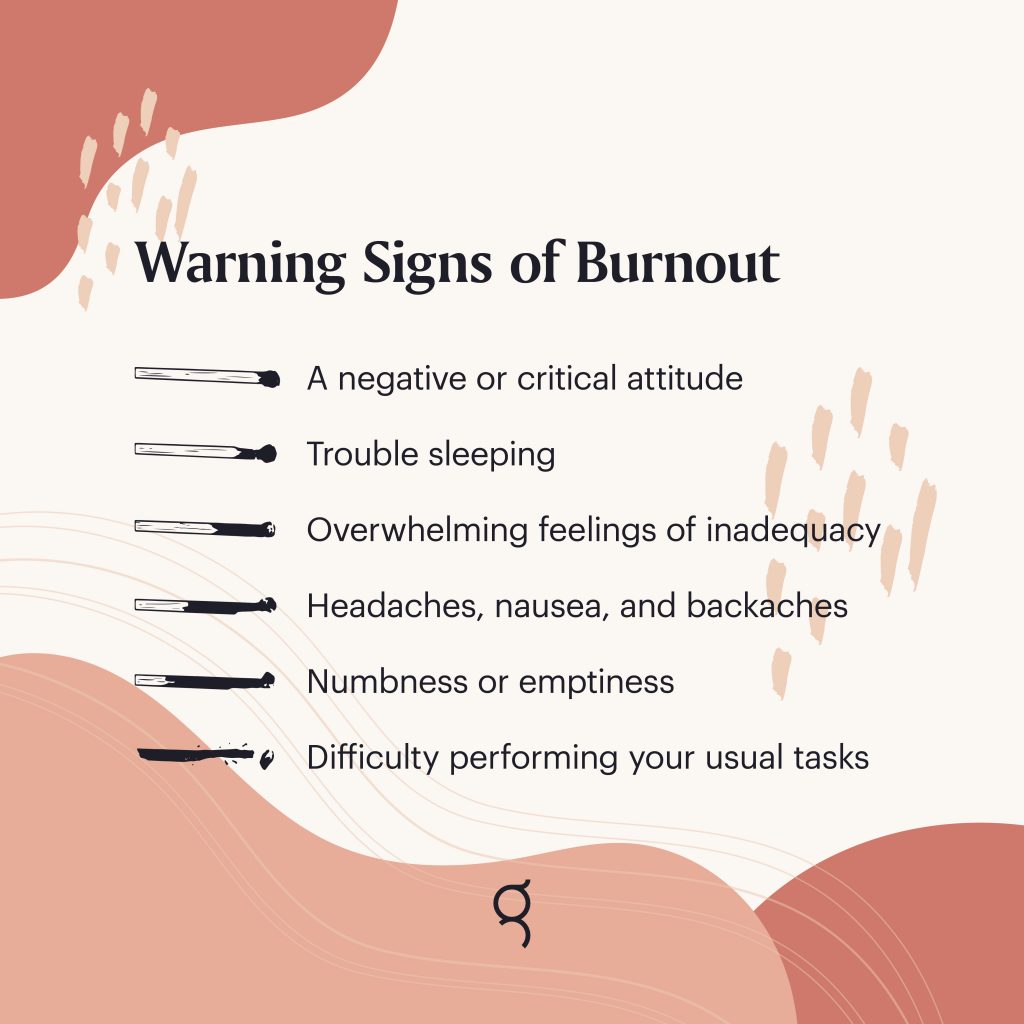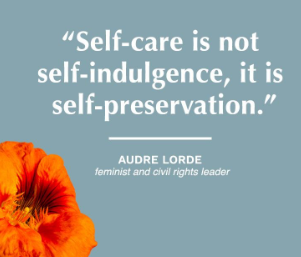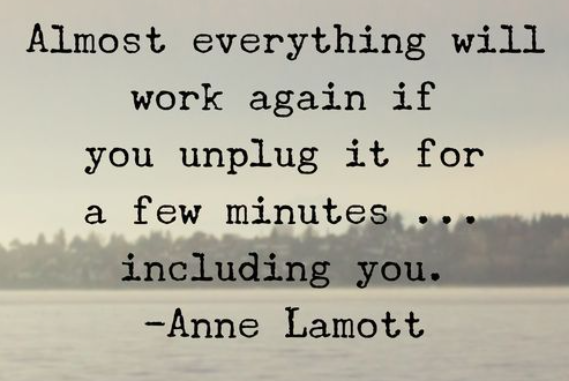
Burnout is very real. Especially in this society of goals, dreams and business. Our chaotic lifestyles often lead to burnout before we even realize it.
What is Burnout?
Burnout is a state of mental and physical exhaustion that can drain the joy from your work, relationships and interactions with family. Burnout can be difficult to describe as it may be different for everyone. However, it is not a medical condition that is accepted. You may not even realize you have hit the burnout stage until it’s too late.
Burnout is caused from prolonged or repeated stress, though most often caused from work, it can also be caused from life in general. Burnout may feel like it cannot be relieved. Burnout can lead to mental health concerns like depression and anxiety.
Unlike a cold or the flu burnout does not hit all at once. Burnout also has different stages. Recognizing burnout, having a plan for avoiding it and a plan for recovery are your best tools.
Recognizing Burnout
“We’re living in an incredibly stressful time, and burnout is incredibly prevalent,” says psychologist Adam Borland, PsyD. “I am seeing a lot of people who are very tired. Physically, emotionally tired.”
If you often feel exhausted or sluggish and simple tasks feel overwhelming, if you feel so stressed that you are quick to get angry or frustrated- burnout may be the issue.
While burnout is usually associated with a stressful job it can affect many aspects of your life. This can even be debilitating at times. You will recognize burnout when you cross the line from being “really tired” to “too exhausted to function. Do those terms sound familiar to you? Some people who love to stay busy may not even recognize when you are doing too much. Stress and burnout are different although prolonged repeated stress can lead to burnout.

How to Avoid Burnout
Now that we know what burnout is and how to spot it, we can be proactive and stop it before it becomes a problem.
Self-Care is the 1st step to preventing burnout. This may look different for everyone as we all enjoy different things. Doing things that make you happy is essential to preventing burnout. Self-Care by definition is the act of caring for oneself physically, emotionally and socially. Self care can range from making sure you get enough sleep, exercising and eating well to taking up a hobby that makes you happy. Your version of self-care will vary at different stages of your life.

Reducing your “workload” is another crucial element to preventing burnout. While your “workload” may be from actual working or anything that you are doing alot of ie: volunteering, housework, babysitting, etc…. There are many ways you can reduce your workload, delegation is key to assuring the work still gets done, delegate things that do not specifically have to be done by you.
Recognizing and responding appropriately to things that cause you stress is another way to avoid burnout. Everyone has some form of stress; on a normal scale this is nothing to worry about. Recognizing what is causing repeated or excessive stress will help you know how to handle this.
Set and maintain boundaries. We are not superhuman even though at times we feel as if we are. If you work from home, set work hours and stick to them. If you work outside the home, leave the work at work. While there will be times that you have the occasional emergency, sticking to these as much as possible will help you maintain the elusive work/life balance.
How do you Recover from Burnout?
We know what burnout is, how to recognize it and how to avoid it. But lets be real, burnout can sneak up on us before we even have time to recognize it. Using these practices will help you recover if you ever find yourself in burnout mode. Recovering from burnout can take days, months or even years depending on how long and how extensively you were in burnout.
Change your mentality. Find the meaning in your work again. Why did you once love it? Journaling can help you do this. At times we don’t know what we need to say until we just start writing, then the words start spilling onto the paper and we’ve had a therapy session we didn’t know we needed. Find the positives in your life and focus on them. Cynicism is a part of burnout. Stop comparing your life to others.
Change your routine. Our minds sometimes get bored with the same routine day to day which causes stress. Set alarms on your phone to take regular breaks. Go a different route to and from work, go to lunch at a different place or with a new coworker.
Take a vacation and leave the screens aside. In the beginning this may feel impossible as we all feel more connected to the world through our screens. But using your vacation time as a way to purge your screen time will reduce your stress levels. While not everyone can jump on a plane and fly to Tahiti, we can all do things that let us “take a vacation”. Reach out to friends and family, have a meal with them or just a phone conversation. Human contact is essential to feeling like you are “taking a vacation” Spend time working on relationships that are important to you.

While burnout is very real. We can all manage it.

